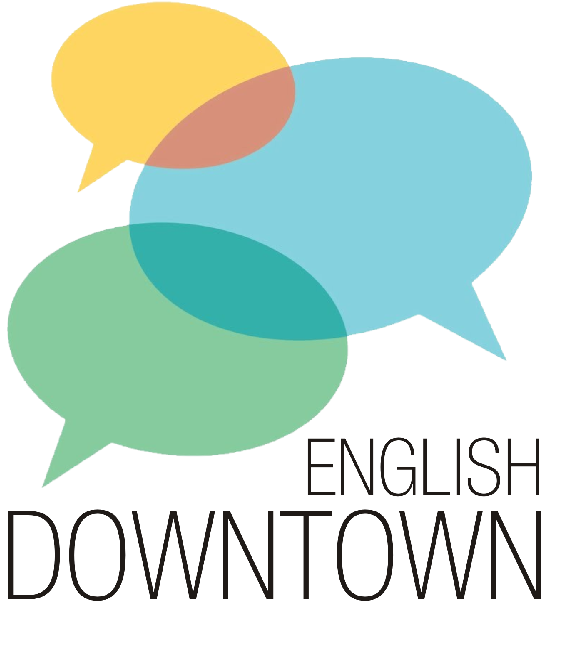Chatting at School
�

��

�
�
Teacher: Oh, hi. What was your name again. I can't
keep straight all the students' names this being the second day of school. Student: It's okay. I have a hard time remembering names myself.
Teacher: How, uh, Karen, right?
Student: No, it's Nancy. My mom's name is Karen.
Teacher: Nancy. Okay. I think I� you were from England.
Student: Well, I was born there, but my parents are American. I� in France.
Teacher: Oh, a world traveller!
Student: But then we� here when I was nine.
Teacher: So, what does your father do now?
Student: Well, he's a college professor, and he is in Scotland at the moment.
Teacher: How interesting. What� he teach?
Student: Oh, I haven't a clue. Nah, just joking. He �chemistry.
Teacher: Oh, chemistry, and uh, what about your mother?
Student: She�� full time at home.
Teacher: Oh, and what, does she have her own business or something?
Student: Nah, she� care of me.
Teacher: Well, being a homemaker can be a real hard, but rewarding job.
Student: I think so too.
True or false?
�
1) The kid�s name is Nancy.
2) She is American.
3) Her mother is a housewife.
4) His father teaches at university.
5) His father knows chemistry.
3) Nancy does not know what is his father�s occupation.
4) Nancy�s mother has a beauty salon.
�
Fill in�using�a, b, c etc.�
�
a) keep straight�������������������������������look after���
b) take care�������������������������������������travel a lot
c) full time������������������������������������� remember clearly
d) have a clue���������������������������������know
e) be a world traveller����������������� �all the time
�
�
Present Simple
- We use present simple to talk about things that happen all the time or are true in general. We add -s or -es when we talk about she / he / it.
- I go to school from Monday to Friday.
- We take children to school
- Nancy�s mom (she) always takes care of her.��
- Her father (he)�teaches at college.
- The buss (it) leaves at 3 p.m.
- We use do/ does to make questions and negative sentences. We use does when talking about she/ he / it.
- Do you like travelling?
- Does your mother have her own business?
- We use present simple to say HOW OFTEN we do things.
- I always go to America to visit my grandparents.
- My mom�usually takes care of me.
- He often goes to the university in Scotland.�
- I�sometimes have problems remembering names.
- We rarely go to France in the summer.
- I�hardly ever remember names
- He never misses school.
- Spelling Rules�when talking about third persons
The ending is -es when the word ends in -s/-ss/-sh/-ch/-x/ -o
Practice!
�
miss��
go
teach
search
do
wash
kiss
watch
�

